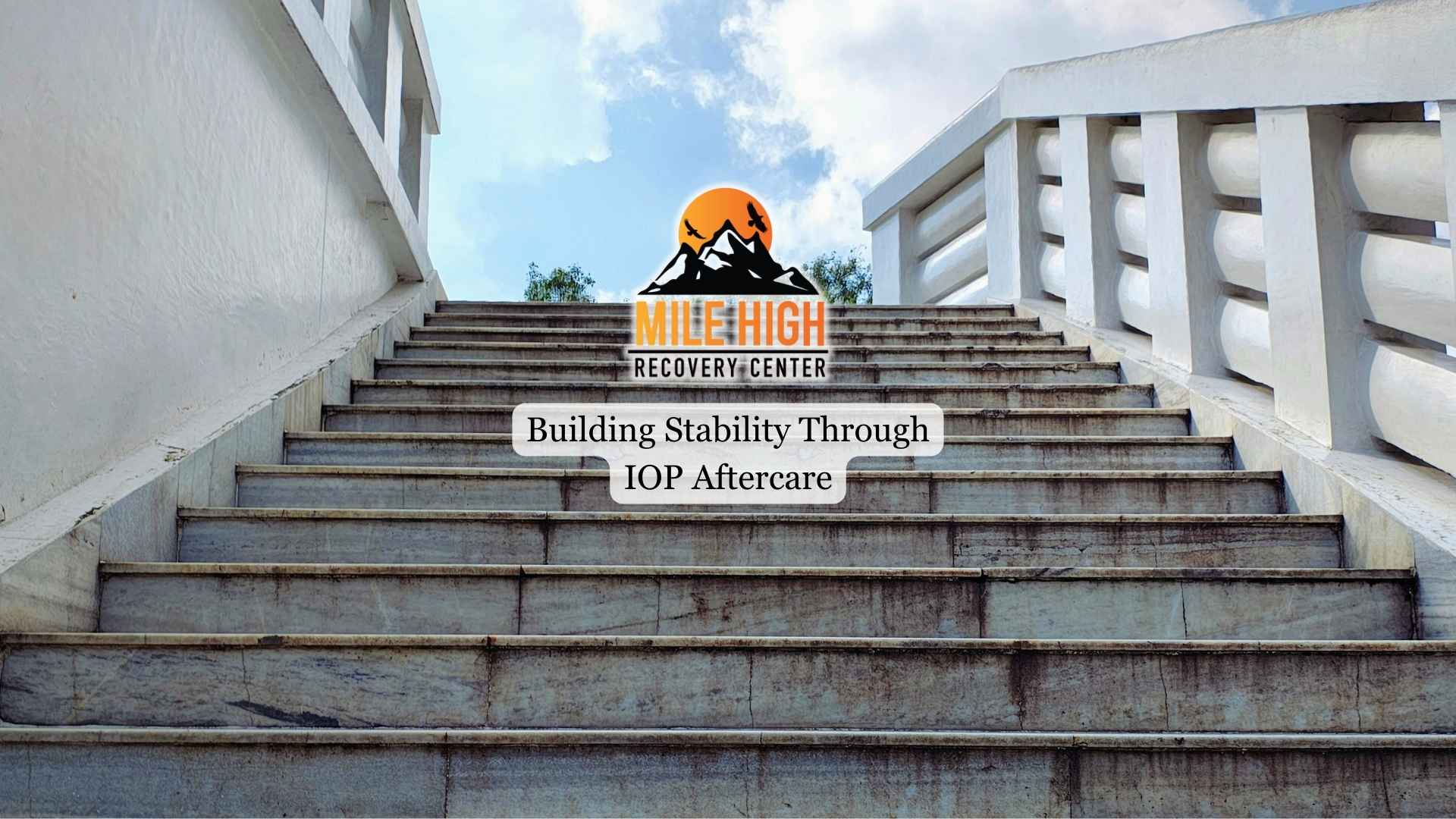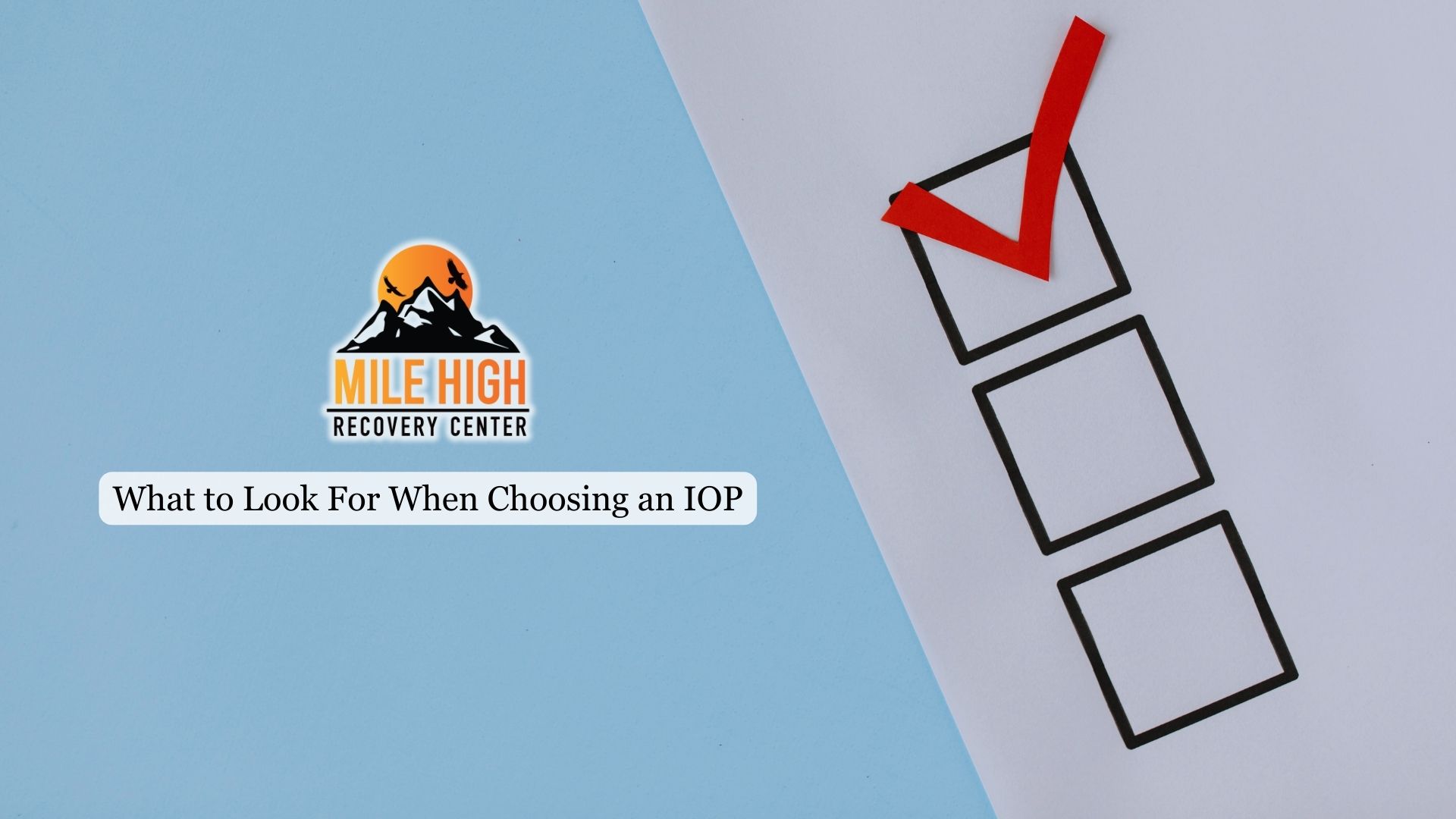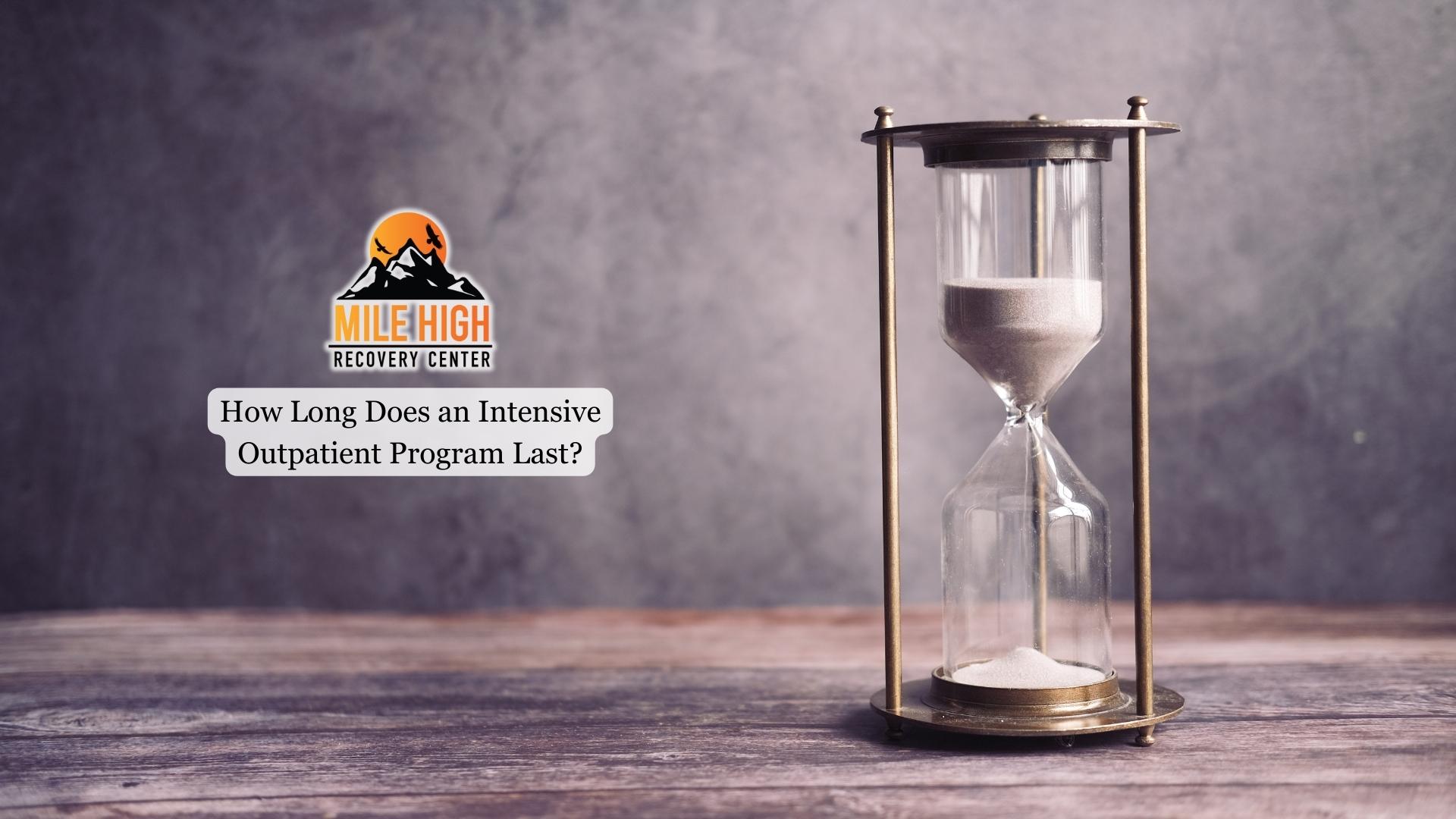Experiential therapy is a dynamic and hands-on approach to emotional healing that moves beyond traditional talk therapy by engaging individuals in activities designed to help them access, express, and process difficult emotions.
In this article, we’ll explore what experiential therapy is, its guiding principles, and the unique ways it works to help people overcome challenges such as trauma, addiction, and emotional distress.

Defining Experiential Therapy
Experiential therapy refers to a treatment approach that incorporates creative hands-on activities and physical experiences rather than relying solely on verbal communication. This method employs various modalities, including art therapy, music therapy, psychodrama, and adventure-based interventions to facilitate emotional expression and processing.
The therapeutic framework is based on the theory that direct experience influences both meaning-making and behavioral patterns. This approach helps clients connect with their feelings, perceptions, and beliefs on a deeper level, often making it easier to access and express emotions that are difficult to articulate verbally.
Mile High Recovery’s experiential therapy program in Denver, CO can help you break through emotional barriers, build resilience, and develop healthier coping skills-empowering you to overcome substance addiction.
Core Principles and Theoretical Foundations
The core principles of experiential psychotherapy emphasize the importance of present-moment awareness, bodily sensations, and the authentic expression of emotions, drawing from foundational concepts such as Gendlin’s philosophy of the implicit, which highlights the “felt sense” and the emergence of new insights from bodily experience.
Unlike cognitive behavioral therapy (CBT), which is grounded in cognitive and behavioral theories that focus on identifying and restructuring unhelpful thoughts and behaviors through structured, goal-oriented interventions, experiential therapy prioritizes the client’s ongoing experience and the integration of both non-verbal and verbal processes.
Theoretically, experiential psychotherapy is also informed by dual-process models, which propose that humans operate with both an experiential system-adaptive, associative, and largely non-verbal-and a rational system, which is primarily verbal and analytical.
How Experiential Therapy Works
In an experiential therapy session, an experiential therapist may guide clients through activities like painting, playing music, or caring for animals, encouraging them to focus on their present-moment sensations, emotions, and bodily responses. This approach allows individuals to access subconscious feelings or memories that may be difficult to articulate verbally, and to re-experience and work through challenging emotions in a supportive environment.
The experiential therapist observes and interacts with the client during these activities, offering feedback and helping the client reflect on what arose during the experience-such as specific emotions, bodily sensations, or behavioral patterns.
Experiential therapy may be used as a standalone treatment or in conjunction with other modalities, and is particularly effective for those who feel “stuck” with traditional talk therapy, as it facilitates emotional processing and personal growth by bringing awareness to the connection between mind, body, and behavior.
Experiential Techniques and Modalities
One prominent form of therapy within this approach is play therapy, which is particularly effective for children and uses interactive play to help them process emotions and experiences in a developmentally appropriate way.
Animal-assisted therapy, like equine therapy, is another powerful modality where therapy sessions involve working with horses to build relational skills, self-awareness, and confidence through real-time interactions and sensory experiences.
Adventure therapy and wilderness therapy both harness the healing power of nature and structured outdoor activities, such as hiking, rock climbing, or camping, to promote personal growth, teamwork, and emotional resilience, often in group settings that foster communication and trust.
Art therapy utilizes visual creation as a medium for emotional expression, particularly beneficial when verbal communication proves challenging. Music therapy employs sound and rhythm to access memories and facilitate therapeutic processing.
Drama therapy is a form of experiential therapy that utilizes role-play, acting, and theatrical scenarios, allowing individuals to explore emotions and experiences in a safe, creative context.
Each of these modalities shares a common thread: therapy involves direct participation in meaningful activities, which can elicit emotional responses and insights that may be difficult to access through traditional talk therapy alone.
Applications of Experiential Therapy
This approach is commonly used to address trauma, post-traumatic stress disorder (PTSD), depression, anxiety, substance use disorders, eating disorders, obsessive-compulsive disorder (OCD), personality disorders, grief, and chronic pain.
Experiential therapy may also benefit those struggling with anger management, relationship issues, or low self-esteem, as well as individuals seeking to process deeply rooted emotional pain or uncover past trauma in a safe and supportive environment.
In clinical practice, experiential therapy is often integrated with evidence-based approaches like cognitive behavioral therapy, serving as an adjunct to enhance emotional processing, self-awareness, and coping skills.
It is employed in a variety of settings, including individual, group, and family therapy sessions, as well as therapeutic workshops and outpatient programs.

Benefits of Experiential Therapy
This type of therapy can help people who struggle to verbalize their feelings or who feel stuck in conventional therapeutic approaches, as it allows them to process emotions and experiences through art, music, role-playing, or outdoor activities. Experiential therapy helps clients resolve past trauma, release negative emotions, and develop healthier coping mechanisms by recreating or reenacting significant situations and encouraging emotional expression in a safe environment.
Therapy can help increase self-awareness, improve problem-solving skills, and foster better interpersonal relationships, as clients learn to recognize and change maladaptive patterns of behavior. One of the unique benefits of experiential therapy is that it provides opportunities for real-time feedback and observation, allowing therapists to see how clients respond to authentic situations and helping them build resilience, motivation for change, and confidence in their ability to manage difficult emotions.
Final Thoughts from Mile High Recovery
At Mile High Recovery Center in Denver, Colorado, clients benefit from a comprehensive experiential therapy program that incorporates different types of experiential therapy, including group therapy and equine-assisted therapy. By participating in a variety of interactive and creative activities, clients are able to process emotions, build trust, and develop healthier coping strategies in a supportive environment.
Whether through the unique connections formed in equine-assisted therapy or the shared insights gained in group therapy sessions, this approach helps individuals break through barriers that may have held them back in the past.







